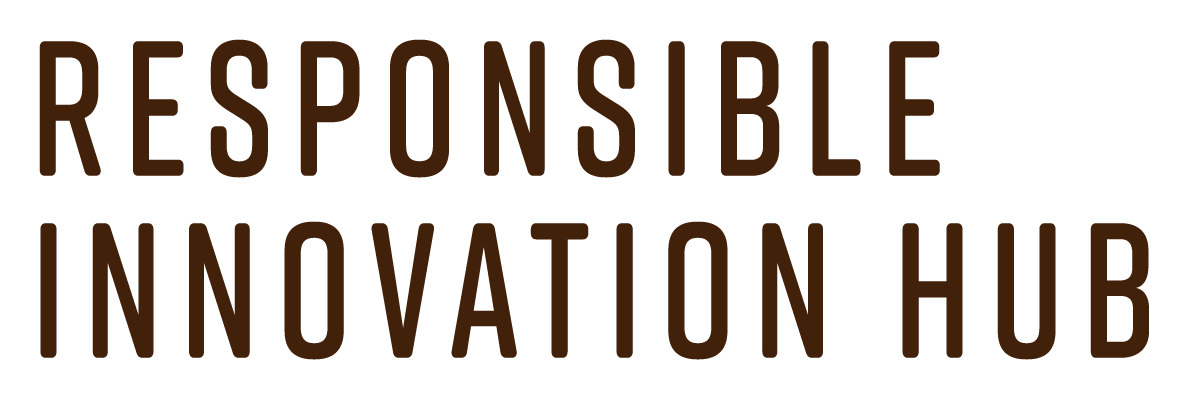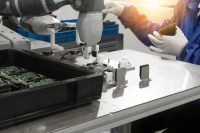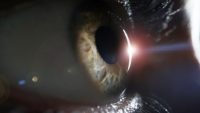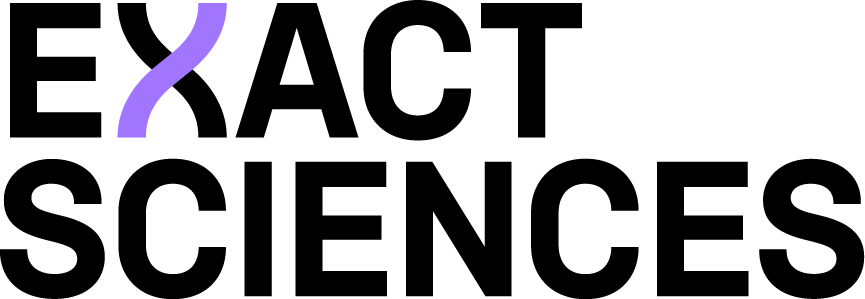Innovative technologies can disrupt economic markets, manufacturing, supply chains, national security, environmental health, and human welfare in beneficial and detrimental ways. The purpose of the Responsible Innovation Hub is to promote the development and commercialization of technology with consideration of ethical and social impacts. The Hub aims to enhance the design of socially responsible technology by UW-Madison researchers, students, and the Wisconsin business community, that will eventually become a national resource for responsible innovation.













